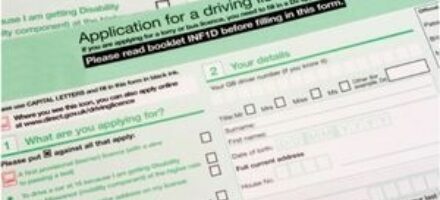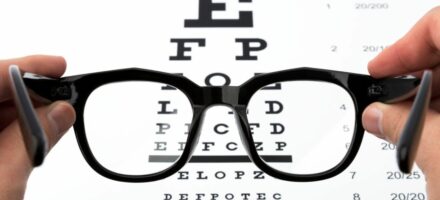
Driving and Your Health
If you are in any doubt as to your health and its overall effect on your driving then you should consult your doctor. There are certain medical conditions that can affect your driving or put other road users at risk if unchecked and they include (among others):
- Poor eyesight
- Diabetes
- Epilepsy
- Heart Problems
- Alcohol, drugs or substance abuse
Eyesight
Your eyesight is the most important tool you have when driving on any road. Not only do you need to have good eyesight to spot oncoming traffic and potential hazards but you need to be able to read road signs from a distance and also be able to differentiate between the colours on traffic lights.
You should have regular eye tests to ensure that your vision is at the required level to be in charge of a vehicle. This level is tested when you take your driving test.
The current requirements are to be able to read a number plate from a distance of:
- 20m for new-style number plate
- 20.5m for old-style number plates
Diabetes
Depending on the type of diabetes and the treatment you receive, you may have to tell the DVLA about it:
- If you have diabetes which you control by diet and you want to drive on a standard car licence, you will not usually need to tell the DVLA
- If your diabetes is controlled by insulin injections you need to tell the DVLA. You can complete the medical form DIAB1to do this
- If you have diabetes and are on tablets for it, then again you need to tell the DVLA
Epilepsy
Many epileptics do drive but only after their doctor has given them the go-ahead. If you suffer from epilepsy you should consult your doctor who will, in accordance with DVLA regulations determine your fitness to drive, perhaps under controlled medication.
Heart Problems
Problems such as angina, tachycardia or a narrowing of the arteries must all be declared and you must get clearance to drive from your doctor.
Losing a Limb
People can still drive after losing a limb; again it's something that the DVLA need to be aware of. If you are driving after losing a limb – or having lost the use of a limb – you may have to have your vehicle modified in which case you must inform your insurance company.
Surrendering Your Licence
If you have been diagnosed with any of the above conditions and have your doctor has told you that you should not drive - then you will need to Surrender your Licence to the DVLA (Driver and Vehicle Licensing Agency).
Failing to surrender your licence in the knowledge that you suffer from a condition that makes it difficult for you to drive is an offence.
The DVLA (Driver and Vehicle Licensing Agency) is legally entitled to consult your doctor about your health before issuing you with a licence – or if your licence has come up for renewal – and if it is found that you have not disclosed any information regarding your health which may have prevented the issue of a licence then your licence will be revoked.
You can download the required paperwork from the DVLA website should you wish to surrender your licence – or it can be picked up from any local DVLA office.
Disclaimer: The information in the article is for general purpose information only and should not be constituted as legal advice. This article has been produced by a third party and Jardine Motors does not take any responsibility for the completeness, accuracy, or reliability with respect to the website or the information provided. Article last updated March 2016.



